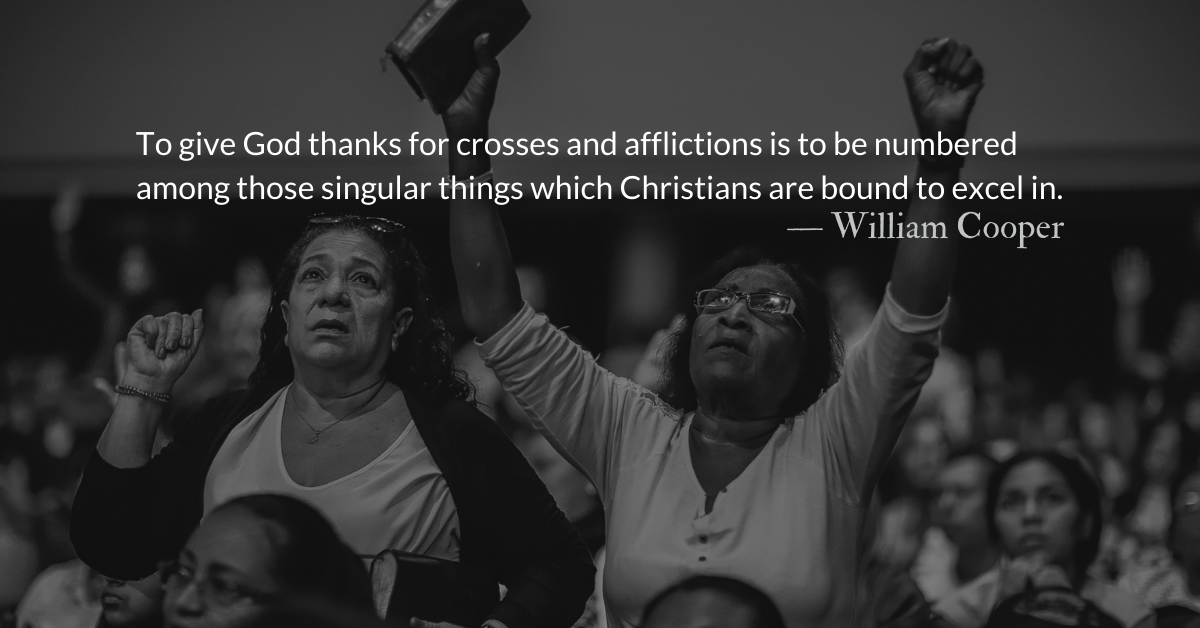Scripture Focus: 1 Peter 3:8-9
8 Finally, all of you, be like-minded, be sympathetic, love one another, be compassionate and humble. 9 Do not repay evil with evil or insult with insult. On the contrary, repay evil with blessing, because to this you were called so that you may inherit a blessing.
Originally published on November 9, 2022, based on readings from 1 Peter 3.
Readers’ Choice posts are selected by our readers:
Cheryl, South Dakota — Amen! And Amen!
Reflection: Love One Another — Readers’ Choice
By Erin Newton
If you took time to read all the verses that command God’s people to love one another and pursue peace, it would take quite a while. Love one another. (John 13.34-35) Show faithful love and compassion to one another. (Zechariah 7.9). Love one another deeply as brothers and sisters. (Romans 12.10). Let us consider one another in order to provoke love. (Hebrews 10.24) And on and on. Why the repetition? Wouldn’t one command have been enough?
People have always struggled in relationships. Families are broken. Friendships are strained. Neighbors are viewed as enemies. Since the breaking of peace in the Garden of Eden, humanity has been at odds with itself. This should not be so. This is the brokenness of our world.
After exhorting people in specific relationships, one last call to unity is given to the whole congregation. Peter reminds his church to seek what is good: Love. Sympathy. Compassion. Humility. Cautious words. Slowness to speak. Blessings to others.
We cannot blame our hatred, rudeness, malice, anger, or selfishness on ignorance. Too many commands have taught us to behave otherwise. Being a jerk is a conscious decision. We choose not to love someone. We choose not to speak kindly. We choose not to withhold insults.
For those who live in the United States, many will awaken to news of newly elected leaders. Some of the results will be for decisions or people we supported and others will not.
Over the last few years, culture has sunk into a climate of animosity. Our values and beliefs have turned us against one another. Sadly, it has seeped into our churches. Christians, united by the Holy Spirit, have turned against one another.
For our friends around the world, it will be another day with other concerns. No matter what the day brings, we still have the opportunity to choose our responses to one another.
Let us strive for something worthwhile. Let us strive for peace. If we are going to use up all our emotional energy targeting something, let it be with the energy of love and kindness. If we are going to be screaming, may it be words of life and encouragement. If we are going to focus our attention on someone for something they said, let us put our noses into our Bibles and read God’s words instead.
People will be watching us today and in the days to come. Be a worthy spectacle.
Divine Hours Prayer: A Reading
Jesus taught us, saying: Is a lamp brought in to be put under a tub or under the bed? Surely to be put on the lampstand? For there is nothing hidden, but it must be disclosed, nothing kept secret except to be brought to light. Anyone who has ears for listening should listen. — Mark 4.21-23
– From The Divine Hours: Prayers for Summertime by Phyllis Tickle.
Today’s Readings
1 Samuel 23 (Listen 4:18)
Revelation 3 (Listen 3:53)
Read more about Confessing Hostility—Guided Prayer
Like rebellious, prodigal children, our hostility breaks fellowship with you and with our brothers and sisters.
Read The Bible With Us
Our Bible reading plan’s sustainable, two-year pace helps you find meaning without being overwhelmed. Join us.
https://mailchi.mp/theparkforum/m-f-daily-email-devotional









